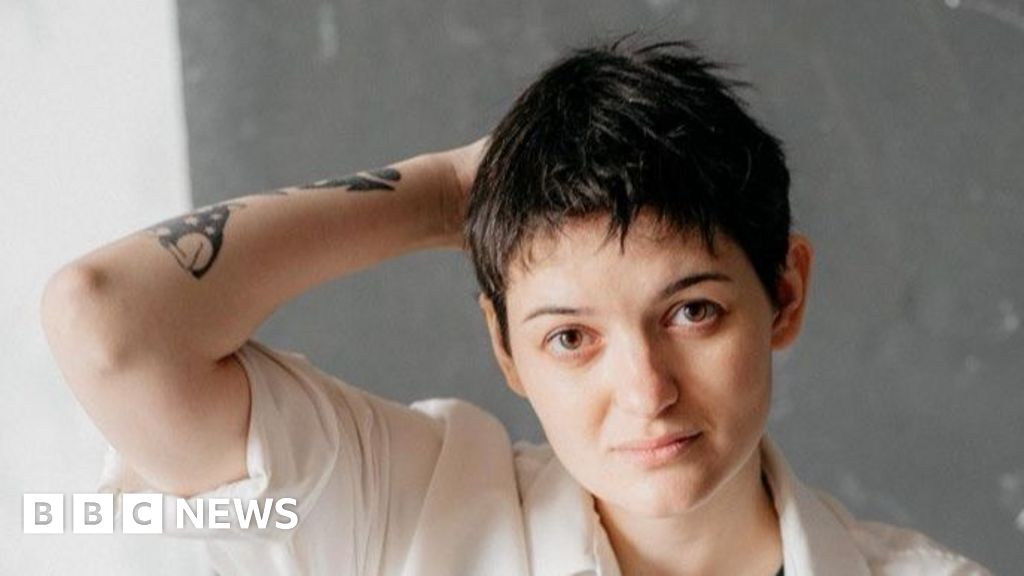Kremlin critics living in Europe say that Russia is stepping up its efforts to silence, threaten and persecute opponents abroad.
Analyst Mark Galeotti, who studies the Russian security services, agrees that the campaign against Russia’s “enemies” abroad is intensifying. “I think it reflects the growing paranoia of the Kremlin,” he says, “that it is involved in an existential political struggle."
With all dissent snuffed out at home, Russia is turning its attention to opponents who have sought refuge in the West. Dmitry Medvedev, a former Russian president who is now deputy head of Russia’s Security Council, described them as “traitors who have gone over to the enemy and want their Fatherland to perish”.
[…]
A spokesperson for Counter Terrorism Policing in the UK said, “We have been open for some time now about the growing demand within our casework relating to countering state threats… We have been actively increasing resources dedicated to countering the activity of hostile states.”
In December, new UK legislation came into effect, giving police more powers to tackle threats from hostile states such as Russia.
[…]
Experts suggest the Russian security services are beginning to activate operations abroad after a period of turmoil. Hundreds of Russian diplomats believed to be intelligence agents operating under diplomatic cover were expelled from Western countries following the full-scale invasion of Ukraine.
“There was a period of confusion after 2022,” says Andrei Soldatov, a Russian journalist who writes about the intelligence services. “In 2023, the agencies regrouped and found a new sense of purpose. They got resources and began increasing pressure.”
Mark Galeotti says the authorities are increasingly turning to proxies to do their dirty work - criminal gangs: “If you want someone beaten up or even killed, they’re a lot easier to engage,” says Mr Galeotti, who has been writing about the links between the Russian state and organised crime for years.
“They’re going to be some thug – maybe someone whom the Russian-based organised crime groups have at some point dealt with.”


